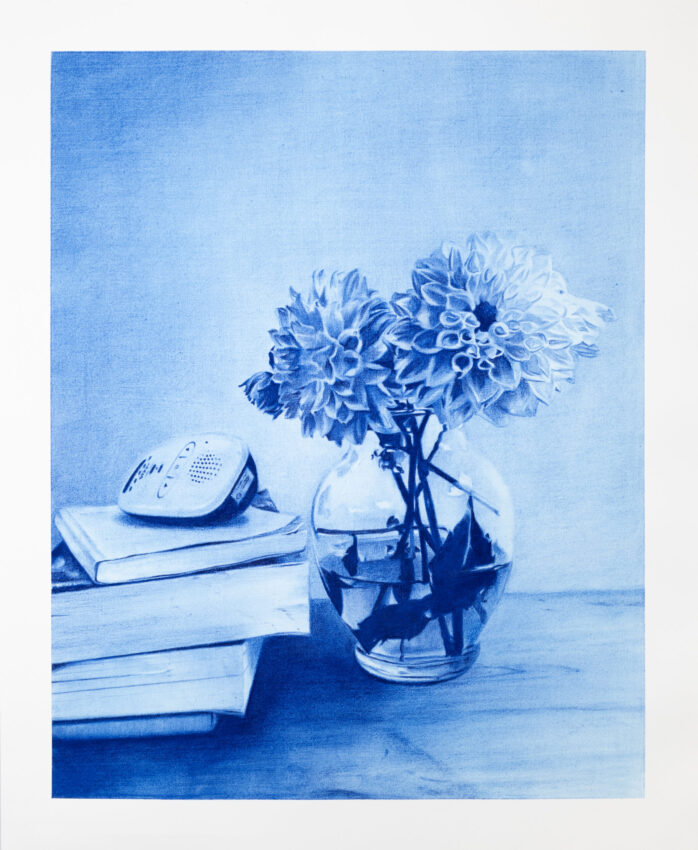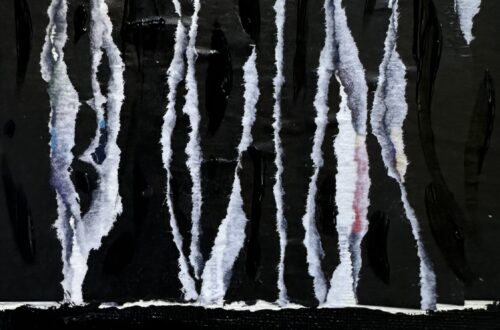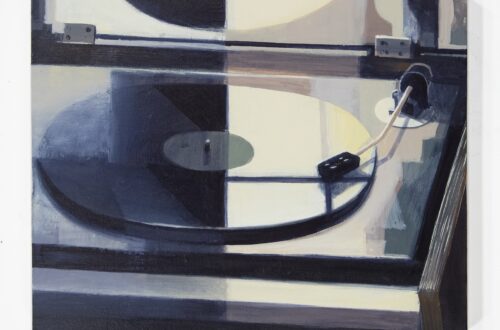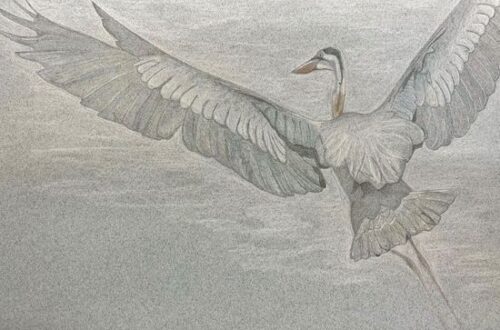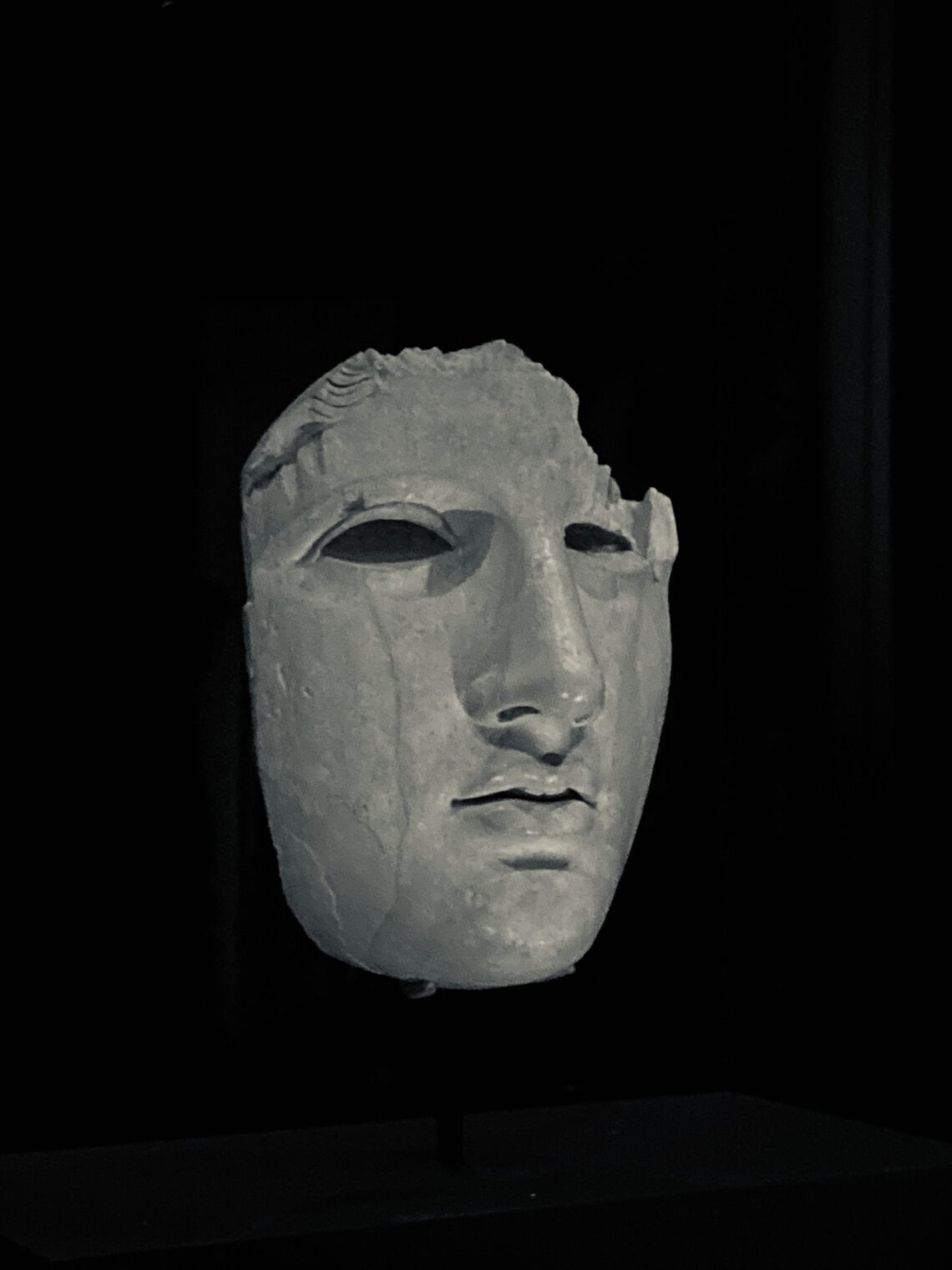
"Out of Sorts" by Muzzafer Kale Translated from the Turkish by Ralph Hubbell
Photo by Giovanni Apruzzese
When you come across someone in one place after only ever seeing him in another place, you’ll likely have trouble remembering how you know him; but that’s not how this was!
He comes in and takes a seat four or five tables away. I doubt he notices me. He looks preoccupied. One can get a little disheveled sometimes, it’s inevitable; somehow you can’t pull yourself together, which then makes it hard to notice whatever is going on around you. Or maybe he hasn’t woken up yet. There’s a fog in his head and it hasn’t even begun to clear.
But I’m certain that I know him. And this isn’t any of that somehow-or-another knowing either!
He’s pulled out a chair and placed his overstuffed bag on it. He’s fumbling through his pockets. He keeps an eye on the tea urns. “One tea,” he says, holding up a finger. He doesn’t look in my direction. He doesn’t look anywhere, actually. He’s lost inside himself. “Well, well,” he might say if he’d glance over and see me, “it’s you!”
Or maybe: “Of all the places…”
He takes a magazine and some book-type things from his bag and sets them on the table. He has some different colored journals too. At least I’m assuming that’s what they are.
It’s obvious from his face how lost in thought he is… Whatever the matter, it seems like a real can of worms. One should be able to observe oneself now and then, because I’m sure that if he knew he looked so out-of-sorts to the rest of us he would straighten up, glance around and see the world for what it is. Once he looks, he’ll see!
These encounters that happen after many years can be so sweet. You feel like you’re walking on air. With a chance meeting those days you thought you’d lost or those sights you’d forgotten suddenly blaze up in your memory, as if it all happened yesterday…
Now he’s flipping through his magazine and books.
It’s easier to place someone when you’ve seen each other recently. There’s none of that wrestling with time. Otherwise, it grabs you by the arm and flings you to the other side of the world, all while you’ve just been trying to get through the day, never even asking yourself who or where you are. Sometimes you get through the day, sometimes you don’t.
He peers into the bottom of his empty bag. He can’t seem to find what he’s looking for. It’s hard, my friend, with the way things stand it’s hard, you have to find yourself first before searching for something else, whatever that might be, and even then it should only be one thing. How does the Russian proverb go: Chase two rabbits and you catch neither one. Got it?
His tea arrives. I know the waiter, so I really raise my voice to draw attention to myself, “Esat,” I call, “another tea for me too!” I must have spoken too loudly, because two punks walking up the street look at me and laugh, like I’m having some sort of tea withdrawal. What of it, small fries, mind your own damn business!
“Right away!” Esat says.
The waiter is a good kid. He’s in high school, toiling away. He can be a little talkative, but he knows how to work. What else can he do!
Raising my voice didn’t get his attention. It’s the way he’s sitting. Anyway, he finally found what he was looking for, in the front pocket of his bag; or I guessed that’s what it was. It’s always in some ridiculous thing like a notebook that we record life’s odds and ends. And so he wrote, he drew, he scribbled…
As he bent over to write something else I saw the top of his head. His hair? He’d lost it all. Whichever way you slice it, it had been at least twenty years since we’d seen each other. Say what you will, no matter how much time goes by, no matter how much a so-called man lets himself go to pot, there’s always one thing left over that doesn’t change, and this was him!
Esat set another tea down in front of me.
He cut me off before I could say anything:
“The other one got cold,” he said.
Moving a chair, he leaned in closer. “Hey teach,” he said under his breath, “do you know that man sitting over there?”
“Which man?” I said indifferently.
I looked left and right, as if I didn’t know who he was talking about. He gestured with his head. He’d seen me watching him closely, which was why he’d asked.
“How would I know him!” I said.
He leaned in a little closer. “I can’t really say,” he nearly whispered, “but he looks a lot like you!”
ÖYLE DAĞINIK
Her zaman aynı yerde gördüğün biriyle başka bir yerde karşılaştığında onu nereden tanıdığını çıkarmakta zorlanabilirsin; ama bu öyle değil!
Gelip dört-beş masa öteme oturdu. Beni fark ettiğini hiç sanmam. Biraz dalgın görünüyor. İnsan bazen dağınık olur, elinde değildir bu; kendini bir türlü toplayamaz. Etrafında olup bitenleri algılamakta güçlük çeker. Olur ya, uyanamamıştır daha. Afyonu patlamamıştır.
Onu tanıdığıma eminim. Hem de öyle böyle bir tanıdıklık değil bu!
Şişkin çantasını, yanına çektiği sandalyeye yerleştirdi. Ceplerini yokluyor. Bir gözü çay ocağının olduğu yerde… İşaret parmağıyla ‘‘bir çay’’ diyor. Benden yana bakmıyor. Aslında bir yere baktığı filan yok. Kendi içinde kaybolmuş. Benden yana baksa, beni görse, ‘‘Vayy,’’ diyecek, ‘‘sen ha!’’
Veya şöyle, ‘‘Gökte ararken…’’
Çantasından dergi, kitap cinsinden şeyler çıkarıyor masaya. Renkli defterleri de var. Onların defter olduklarını sanıyorum.
Aklının ne kadar karışık olduğu yüzünden belli… Artık o iş neyse, o işin içinden bir türlü çıkamıyor. Eminim, karşıdan böyle dağınık göründüğünü fark edebilse… bazen insan kendine dışarıdan da bakabilmeli, işte o zaman kendine çekidüzen verir, şöyle dünya gözüyle bir etrafına bakar. Bakınca da görür!
Yıllar sonra böyle karşılaşmalar çok tatlıdır. Dünyalar sizin olur. Kaybettiğini ya da unuttuğunu sandığın günler ve görüntüler, böyle karşılaşmalarda birden belleğinde parlayıverir. Her şey sanki dün gibi olur…
Dergi ve kitapların arasına bakıyor.
Yakın zamanlarda görüşülmüş olsa… daha kolay çıkarır insan. Zamanla uğraşılmıyor ki. Seni kolundan tuttuğu gibi dünyanın bir ucuna savuruyor. Kimim, nerdeyim diye düşünmek aklına bile gelmiyor. Günü kurtarmaya çalışıyorsun. Gün bazen kurtuluyor bazen kurtulmuyor.
Boşalan çantasının dibine bakıyor. Bulamadı herhalde aradığını. Zor dostum, bu gidişle zor, insan önce kendini bulmalı, ondan sonra da ne arıyorsa, yalnızca onu aramalı. Bir Rus atasözünde ne diyordu: İki tavşanın arkasından koşan hiçbirini yakalayamaz. Anla işte!
Çayı geldi. Garsonu tanıyorum ya, dikkat çekmek için sesimi bayağı yükselterek,
‘‘Esat, bana da bir çay verir misin,’’ diye bağırıyorum. Olabilir, sesimi gereğinden haylice bir yüksek çıkarmış olmalıyım ki yoldan geçen iki zibidi bana bakıp gülüyor. Çay krizim mi gelmiş, ne, diye. Size ne oğlum, siz işinize baksanıza!
‘‘Hemen!’’ diyor Esat.
Garson iyi çocuktur. Liseye gidiyor, yolunu buluyor buradan. Biraz gevezedir; ama ciddileşmesini bilir. Ne yapsın!
Sesimi yükseltmekle de dikkatini çekemedim. Vaziyet öyle. Neyse, sonunda çantasının ön yüzündeki cepte buldu aradığını. Buydu herhalde aradığı. Genelde, ıvır zıvır şeylerin not edildiği, akıl defteri gibi entipüften bir şey. Yazdı, çizdi, karaladı…
Başını, yazı yazmak için önüne eğince gördüm, tepesinde saç namına bir şey kalmamıştı. Demek, nerden bakarsan bak, arada en az yirmi yıl vardı görüşmeyeli. Ben onu bunu bilmem, aradan ne kadar zaman geçerse geçsin, tip denen şey ne kadar dağılırsa dağılsın, geriye değişmeyen bir şey kalıyor: Bu o!
Esat, önüme bir çay bıraktı. Bir şey dememe fırsat vermeden,
‘‘Öteki soğumuştu.’’ diye yapıştırdı.
Sandalye çekip yaklaştı biraz. Alçak sesle,
‘‘Hocam,’’ dedi ‘‘ orda oturanı tanıyor musun?’’
Ben istifimi bozmadan,
‘‘Kimi?’’ dedim.
Bilmezlenerek sağa sola bakındım. Başıyla işaret etti. Beni, ona dikkatle bakarken görmüştü de ondan mı böyle soruyordu.
‘‘Nerden tanıyayım ki!’’ dedim.
Biraz daha bana yaklaşarak, kısık sesle,
‘‘Doğrusu, nasıl söyleyeceğimi bilemiyorum.’’ dedi, ‘‘sanki size çok benziyor!’’
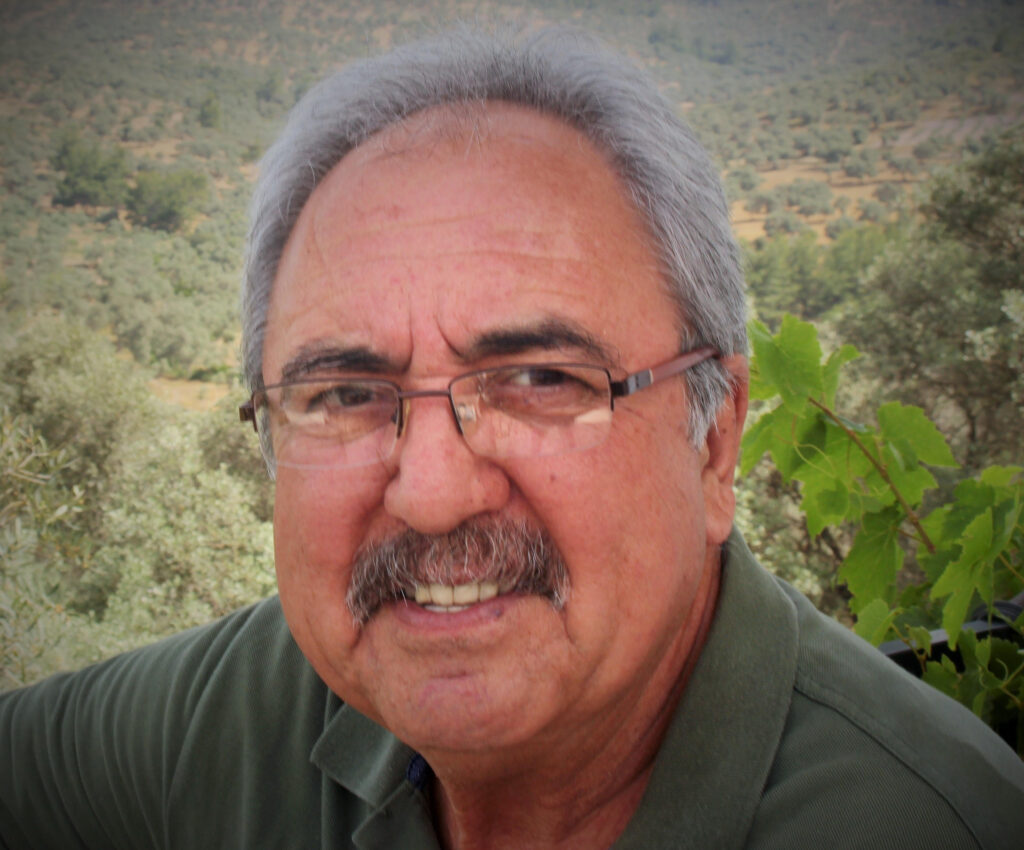
Muzaffer Kale was born in Aydın, Turkey, in 1957. After graduating from Dicle University in Diyarbakır with a degree in Turkish Language and Literature, he worked for many years as a literature teacher, while publishing his work since 1981. He is the author of ten books of poetry and two books of short stories, one of which received the 2016 Sait Faik Abasıyanık Short Story Prize, Turkey's most prestigious award for the art of short fiction. English translations of his stories can be found in Cagibi, Asymptote, Moon City Review and the Hopkins Review. He has one son and lives with his wife in Bodrum.

Ralph Hubbell is a writer and Turkish-to-English translator whose fiction, essays and translations have appeared in Asymptote, the Dial, the Los Angeles Review of Books, Tin House's Lost and Found, Words Without Borders and elsewhere. His translation of Oğuz Atay's story collection Waiting for the Fear was published by NYRB Classics in October of this year. He holds an MFA from Johns Hopkins University, where he currently works as the senior academic program coordinator in the Department of Modern Languages and Literatures.
